Planning Pays Off: 5 Strategies to Get the Most Out of Your Delivery Speed Choice
January 3, 2025
5 min read
What’s Behind the Success of High-Volume Supply Chain
For any supply chain to be successful, massive amounts of commodities must be transported efficiently. In B2B logistics, bulk shipping is essential since it allows companies to transport large quantities of goods without requiring individual packaging.
This blog will explore how cost-effective transport solutions are revolutionizing and promoting corporate growth in huge bulk shipping supply chains.
.
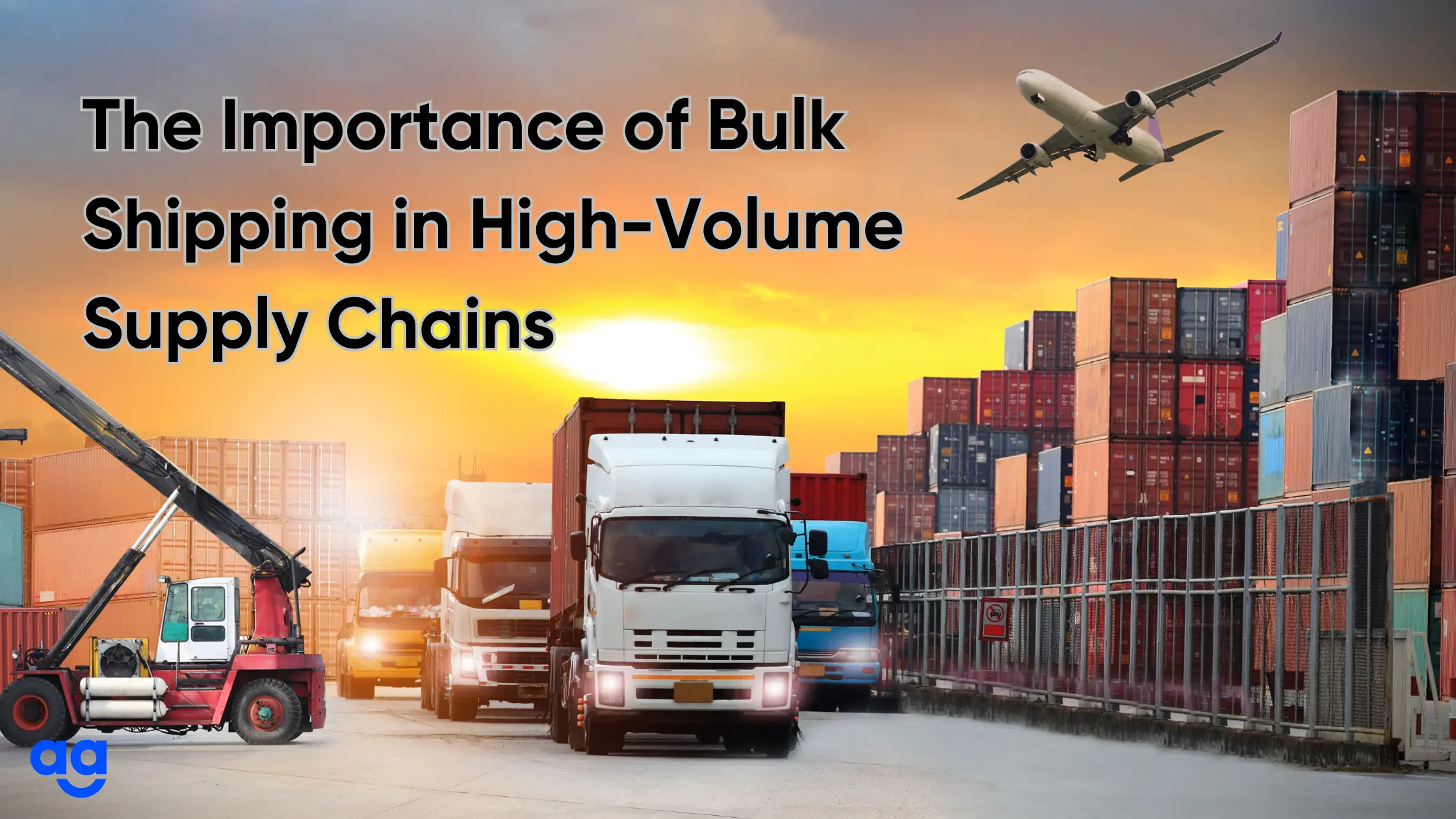
Understanding Bulk Shipping: Its Role and Significance in B2B Logistics
Bulk transport involves transporting large quantities of goods in their gross form directly into containers or specialized ships. In the context of B2B logistics, this shipping method appears valuable for sectors ranging from agriculture to industry.
According to recent market projections, the dry bulk shipping sector is expected to grow by $3.64 billion, reflecting a 4.09% rise between 2023 and 2028.
How Do Bulk Carrier Shipping Companies Support Supply Chain Growth?
The advantages of bulk carrier transportation extend beyond simple cost savings:
- Streamlined Operation: Loading and downloading processes are many times faster than individually packaged goods, making it possible to use specialized equipment such as transport systems and pumps for efficient handling.
- Environmental Benefit: It helps eliminate most individual packaging requirements through bulk transportation to reduce waste and lower the carbon footprint.
- Better Stock Management: Bulk shipments enable companies to forecast demand accurately and manage their substantial stock levels, thus reducing stockouts and excess inventory.
Enhanced Scalability: Bulk transport enables companies to easily scale operations with business growth to meet the increasing demands of bigger markets. - Reduced Risk of Damage: Reduced handling and packaging result in less penetration of damage by goods during transportation.
- Faster Deliveries: Bulk transport speeds transportation through consolidated shipment combined with eliminating packaging delays. It also hastens overall deliveries within the supply chain.
- Specialized Equipment: An array of dry bulk carriers and liquid tankers are in these fleets, which makes it possible for the company to handle any type of cargo.
Challenges in Bulk Shipping
While bulk transport offers numerous advantages, there are some challenges that businesses must navigate to ensure smooth operations:
- Infrastructure Requirements: Proper storage facilities and handling equipment are essential. Enterprises investing in appropriate infrastructure can reduce handling time.
- Seasonal Variations: Weather conditions can significantly impact shipping operations, particularly in regions with extreme climate variations.
- Quality Control: Maintaining product integrity during transit requires careful planning and appropriate containment solutions.
Optimize Your Shipping Processes With Shipyaari
The right solutions can make all the difference when it comes to transforming your supply chain efficiency.
With careful planning and collaboration with experienced bulk shipping companies, you can significantly reduce costs while improving operational efficiency.
Take your supply chain to the next level with Shipyaari’s tailored bulk carrier services. Enjoy the benefits of cost savings, real-time tracking, and full compliance with industry standards. Don’t miss out on the opportunity to enhance your logistics operations—start today and explore the potential for smoother, more efficient supply chain management!
Frequently Asked Questions
Common bulk transport includes cereals, minerals, chemicals, liquids, and raw materials that do not require individual packaging.
Businesses can achieve significant cost savings by consolidating large quantities of goods in one shipment and eliminating individual packaging requirements.
The provider’s equipment capabilities, safety record, regulatory compliance, and technology integration are key considerations.
Weather conditions can impact loading/unloading operations and transit times, particularly for open-top carriers and during extreme weather conditions.
Suggested Reads
Hyperlocal Personalization: Tailoring Experiences for Local Customers
Introduction The eCommerce industry in India has witnessed a rapid growth of hyperlocal services in
Continue ReadingDec






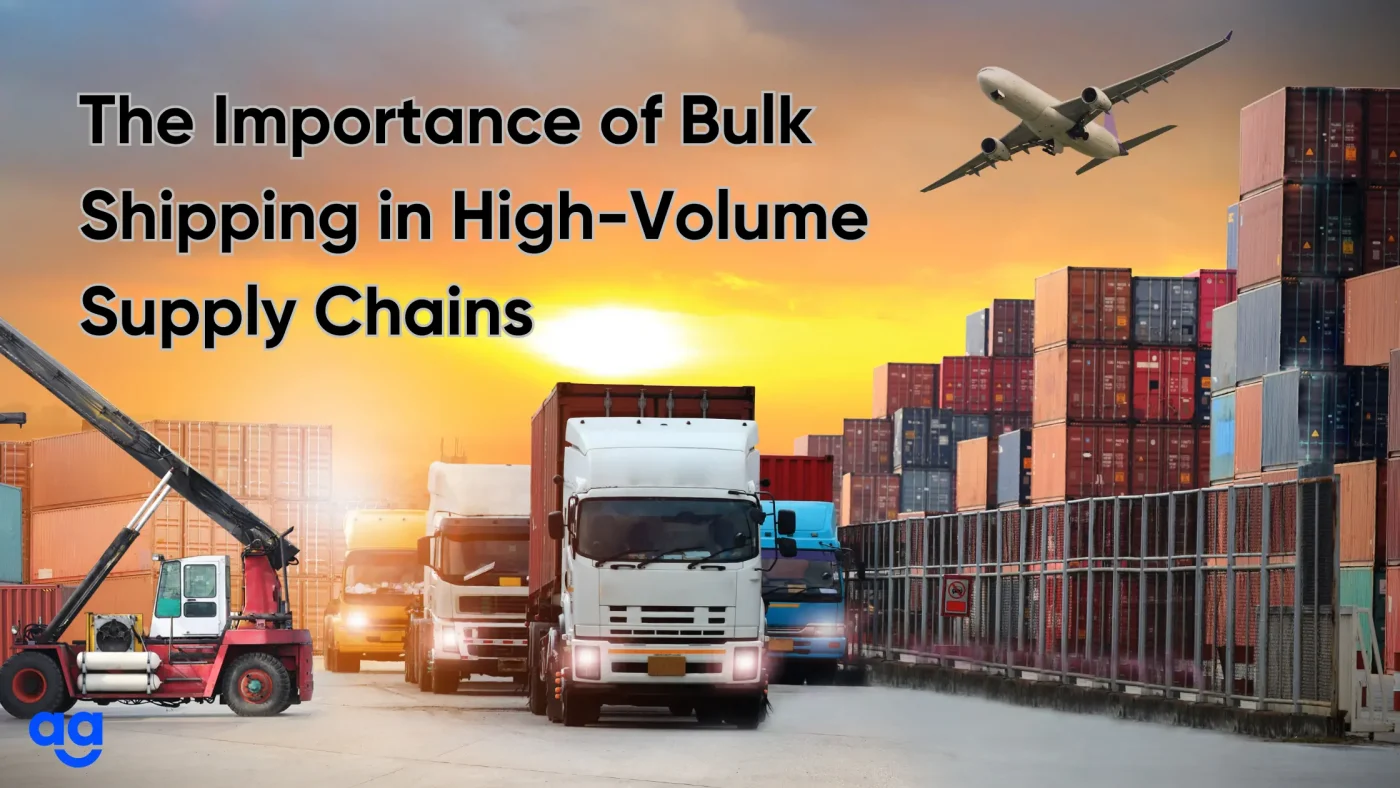



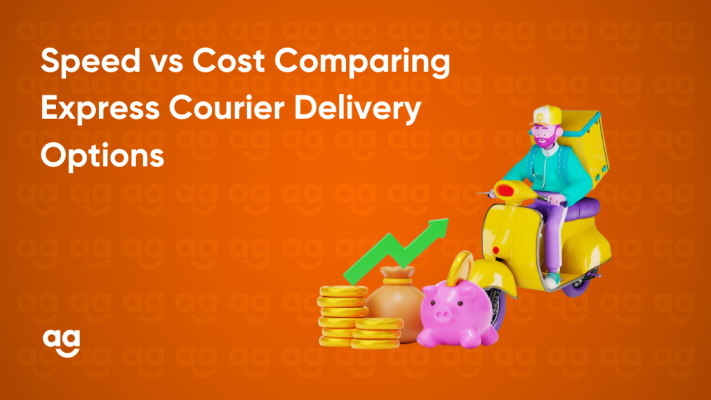

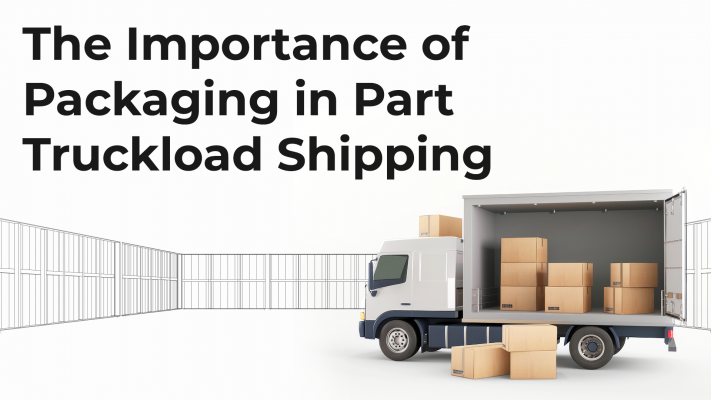

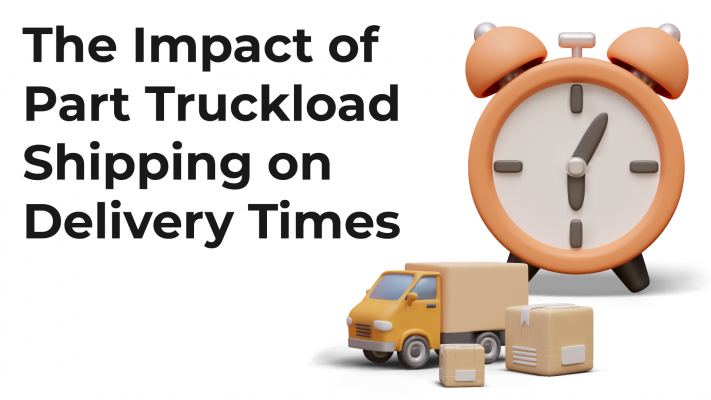

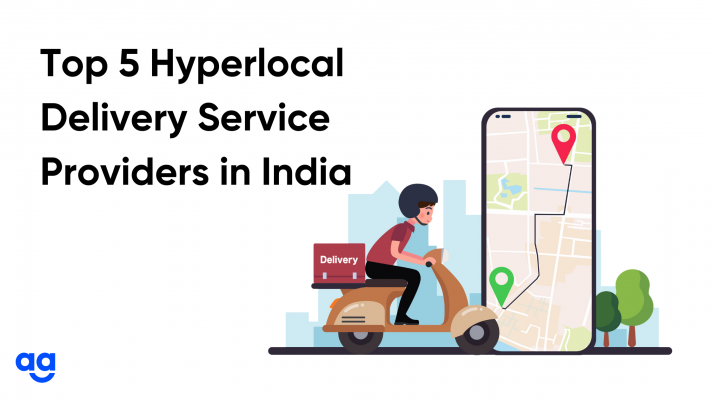


 Shipping
Shipping







